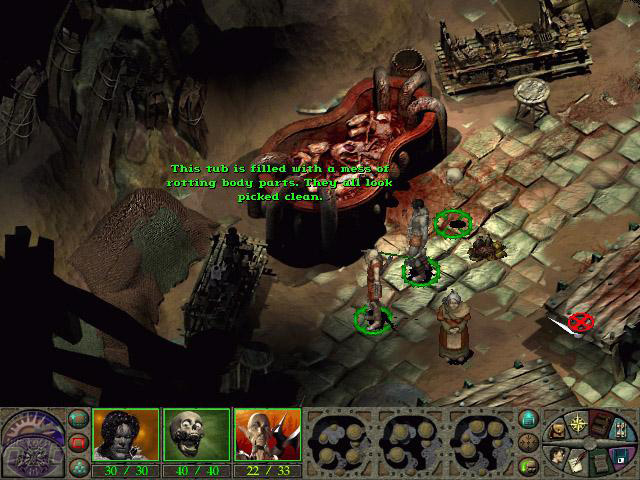It is not particularly unusual to hear a particular piece of art mentioned as 'timeless'. Normally, this refers to either an aspect or the totality of a piece that transcends the borders of time to be considered as the pinnacle of achievement in a given discipline, and moreover one that is unlikely to be forgotten any time soon. However, the title 'timeless' is normally confined to generally accepted 'high' art or design – Rembrandt's Night Watch, or the Fender Telecaster.
Part of the reason for this is quite probably due to the speed at which design and creativity operate at now, and the rapid incremental improvement upon particular objects. But what about digital entertainment, and more specifically, video games? While a few breakthrough titles, such as Doom or Everquest, are acknowledged by gamers as truly inspirational, video games have not yet received the widespread nod that denotes a work of art as being timeless.
As a twenty-something year old in the UK, I was pretty much bought up around computers and games as part of my childhood. Years later however, I play games, albeit less, for the artistic value over the childish desire to blow up queuing hordes of zombies, nazis or aliens. An interesting point to mention, and one that is underestimated, is the way in which I play these games as one way of many to entertain myself – whether that be reading, playing guitar, or writing. As a form of escapism then, gaming is able to capture my imagination in a way comparable to that of playing music or reading. Ultimately, it is the presence of a compelling narrative that drives my interest in games (and puts me off multiplayer games), as well as classic novels or classic albums.
It is also clear that gaming has developed from the earliest days to the hyper-realistic graphics and feedback of the current. Not being a student anymore, I've had a little time to investigate the past 'classics' on gog.com, a polish website that aims to provide the 'good old games' with a new audience, at a discounted price. And what an investigation it has turned out to be. Despite a risky publicity stunt which involved closing the website for a few days, CD Projekt (the owners of gog.com) are reporting record traffic at 20 times previous levels, spurred by the release of classic games such as Baldur's Gate, Total Annihilation and Planescape: Torment.
The many other interesting aspects of the site, including community participation and an innovative method to fight piracy, lie outside of this essay, but are worth looking into if you have time. For now, it suffices to say that in examining the roots of various genres, from strategy to shooter, the games on gog.com provide a fascinating insight into the development of gaming as entertainment, as well as drawing attention to the artistic value of the category. Many of the games present are little available elsewhere, unless one was to resort to more shady methods, and there is some satisfaction in gaining completely legal and DRM free copies of classic games. This means that the games that I am newly appreciating are gaining a fresh new audience, who are largely fascinated by the depth and scope of many of these 'old' titles. Planescape is perhaps the most pressing case here – the text of the game (often described as 'wordy but beautiful') comprises over 5000 standard pages, far exceeding the length of many of the most ambitious novels.
The impact of gaming upon various attributes, from hand-eye coordination to imagination in daily life, remains heavily debated – not least concerning the ridiculous idea that certain games encourage crime and anti-social behaviour. However, the efforts of CD Projekt and GOG.com demonstrate an interesting response to the accusations – dropping all the sinister developments and rumours surrounding a form of art, and opening it to the world to understand. After all, Ulysses by James Joyce followed a path to publication encompassing obscenity trials and potential bans. Maybe gaming, before it is considered a legitimate form of art and creativity, will follow the same path.


No comments:
Post a Comment